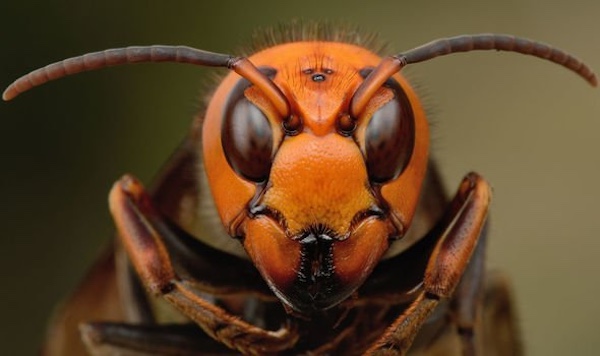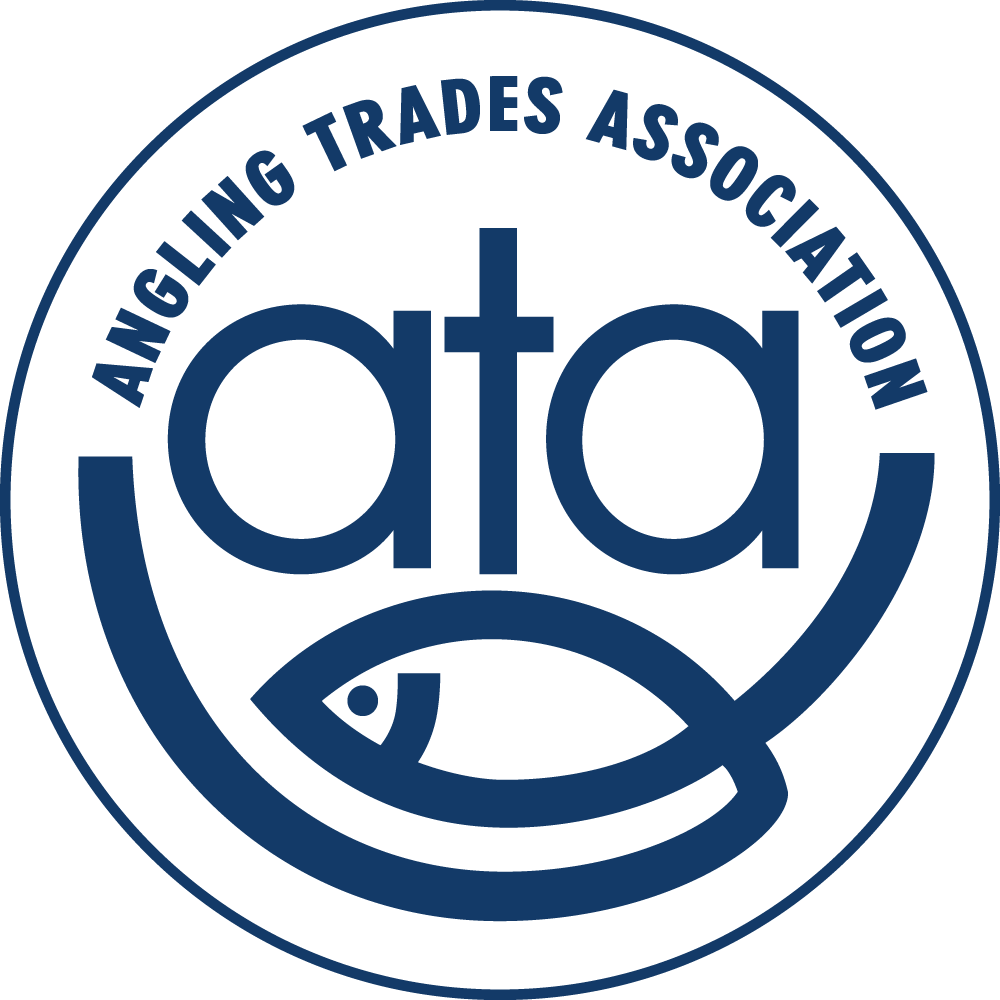
The British Beekeepers’ Association (BBKA), working in conjunction with Defra and the Non-Native Species Secretariat, is attempting to raise awareness on a national scale of the threat posed by the Yellow-Legged Asian hornet.
Numbers of Asian hornets increased dramatically last year with more nests being discovered in 2023 than in the previous six years combined. The vast majority of these have been found in Kent and surrounding counties, but cases are coming to light in other locations across the country even as far north as Scotland.
These invasive predators have made their way to the UK from northern Europe, where they have had a significant impact on native wildlife and everyday life for communities.
The first Asian hornet sighting of 2024 has recently been confirmed, near Canterbury, Kent – with other suspected sightings already having taken place. This is earlier in the season than in previous years, raising fears that the insect may soon become established here.
These developments could have a profound impact on the outdoor sport and leisure industry including angling, as Asian hornets can be aggressively defensive of their nests if disturbed. Because primary nests are often built low to the ground, in hedgerows, brambles and other places that can easily go undetected (even underground in some cases), the potential for anglers to disturb these structures is high whereas secondary nests often concealed high up in trees are more easily avoided.
It is vital that those working outdoors on fisheries, or taking part in angling activities, are aware of the potential for nests to be in their vicinity, regularly check their surroundings, and familiarise themselves with how to identify and report any suspected sightings of Yellow-Legged Asian hornets.
Asian hornets are not only a public health risk, but also pose a significant threat to our native wildlife. One hornet can eat as many as 50 honeybees a day, and their impact if allowed to become established here could cause destruction of our native ecosystem on a massive scale – potentially leading to what some environmental experts are calling an ‘ecological disaster’.
The BBKA are encouraging as many people as possible to download the official Asian hornet watch app (available via the app store for Android and iPhone) so that suspected sightings can be logged. Experts from the Government’s National Bee Unit will then be notified, and nearby nests traced and safely destroyed.
ATA urges all anglers, and anyone involved in fisheries work to help the BBKA raise awareness amongst the angling community, and further afield? Any online articles, social media alerts, as well as information sharing between staff and interested parties would be hugely beneficial in reducing the risk of attack and increasing awareness of the spread of Asian Hornets in the UK.
Awareness and safety guidance should be circulated widely to anyone who enjoys angling and other outdoor sports, to prevent any injury from Asian hornets. To this end the BBKA have provided links to a number of resources, including Hornet FAQ’sID sheets, alert posters and safety guidance, which we hope will be of use.
